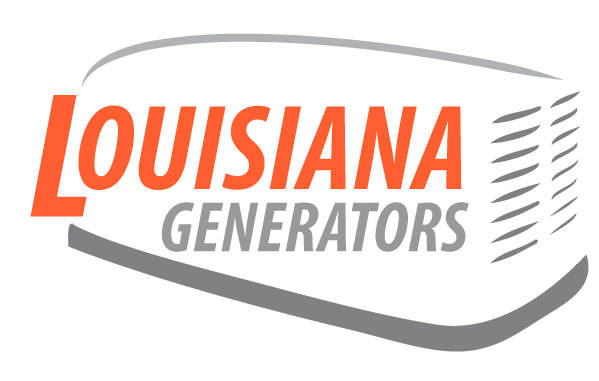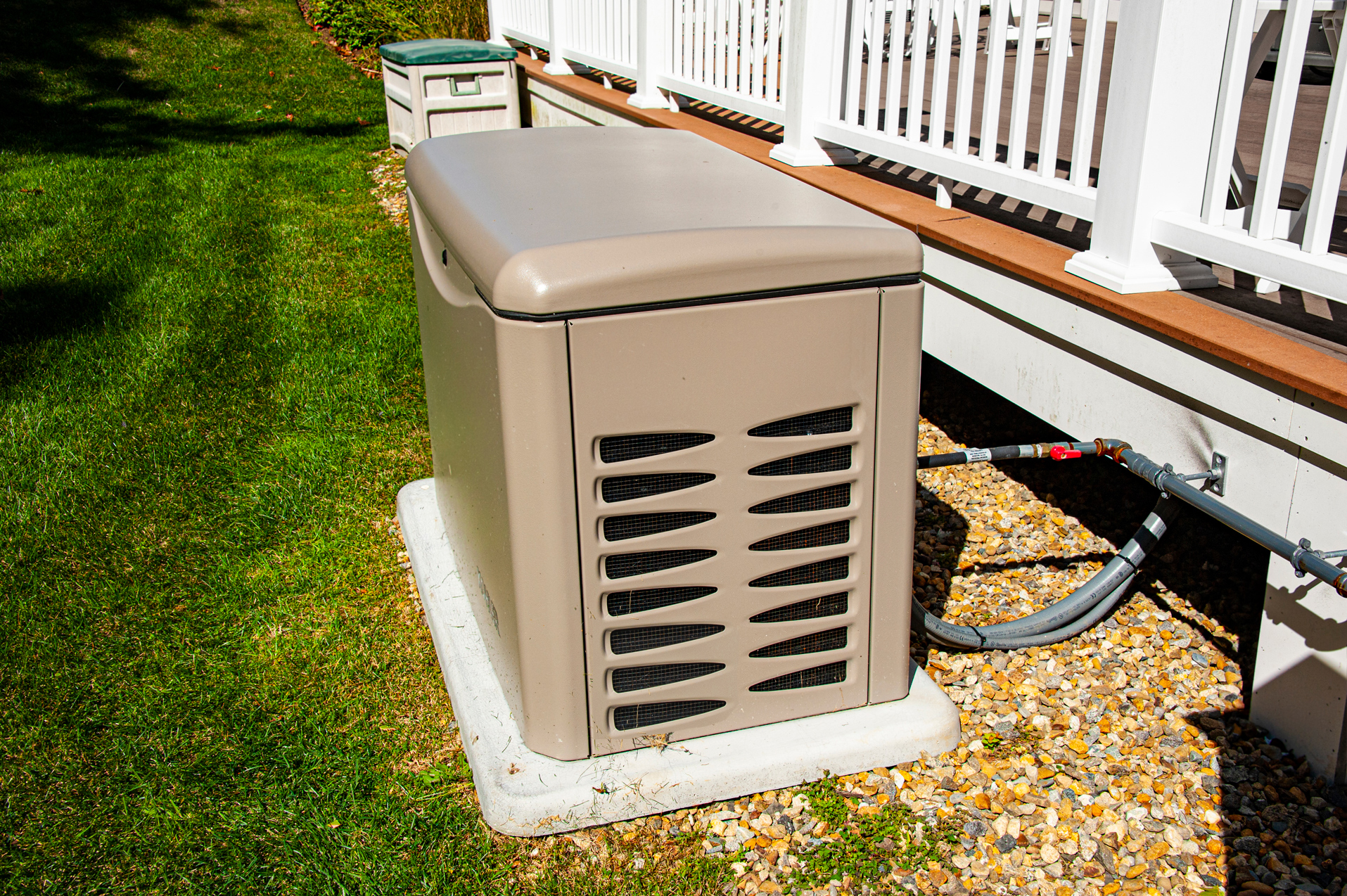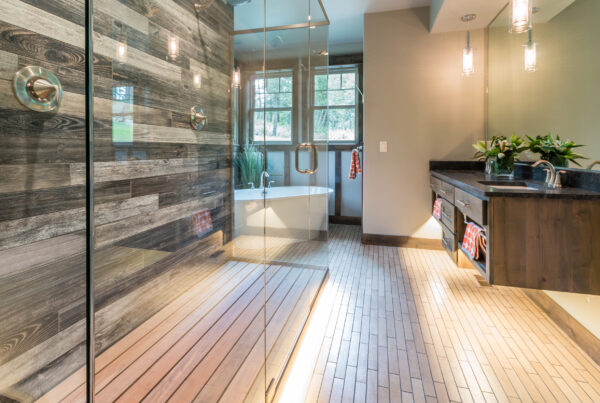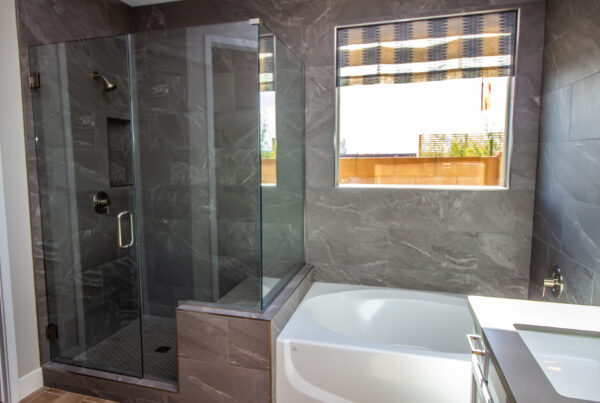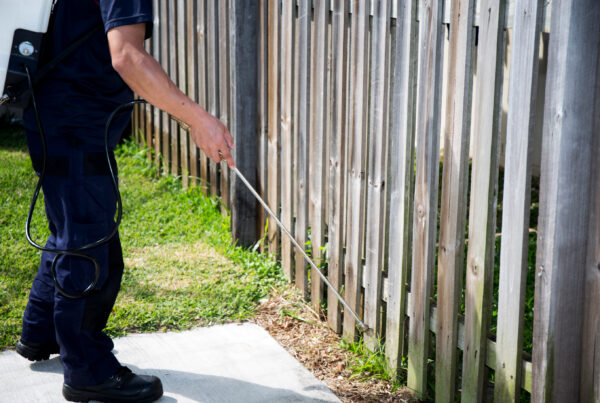Brought to you by HBA Gold Industry Partner, Louisiana Generators
We never truly realize how much we depend on electricity until it goes out. Your reports are due tonight, and Susie can’t sleep without her “12 Hours of Baby Mozart” playlist. No matter the circumstances, a reliable generator is critical to maintaining peace of mind in the modern world.
With all the options, you might wonder what size generator you need. Here are five essential steps to finding the right generator for your home.
1. Consider the Size of Your Home
The simplest way to size a generator is by looking at the size of your house and air conditioning. Be aware that this method is best used as a starting point when searching for the right generator. To size a generator safely and accurately, we need to look closer at your household’s specific energy needs.
- Up to 1,500 sq. ft with 3-ton A/C
- 8.5 KW Generator
- 1,500 – 3,000 sq. ft with 4-ton A/C
- 12.5 KW Generator
- 3,000 – 4,000 sq. ft with 5-ton A/C
- 14 KW Generator
2. List Your Devices & Their Wattage
Next up on our list is deciding which devices you’d like to power. By listing which electronics you want to power you’ll have a more accurate view of your generator needs.
Looking to maintain total normalcy in the event of a power outage? There are ways to size a generator that powers every device in your home during an outage. One way is to collect all your electricity bills from the past year. Next, find the month with the highest power usage. Once you find your highest monthly wattage, use that as your guide in buying a generator.
Here’s another method if you’re having trouble gathering a year’s worth of electricity payments. All you need to do is take last month’s energy bill and find your peak load time. Peak load time takes the wattage of all devices if they were to start simultaneously. This figure gives you an upper limit when determining desired wattage.
Please be aware that powering your entire home with a generator can be incredibly pricey. Not only will your generator cost several thousand dollars, but you will also need much more fuel to sustain this power. Next, we’ll discuss a more standard, cost-efficient method for generator sizing.
When sizing a generator, we recommend listing all essential devices you wish to power. Then, find the running wattage of each appliance. Running wattage can be found online or on your product’s manufacturing label.
Here are some examples of electronics and their average running wattage:
- Central Air Conditioner: 3,800 watts
- Refrigerator: 700 watts
- Microwave: 1,300 watts
- Laptop: 250 watts
- Dishwasher (cool dry): 216 watts
- 2 TV’s (46”): 380 watts
3. Find the Starting Wattage of Each Device
It’s important to take starting wattage into consideration when powering only a few electronics. Many appliances take approximately 2-3 times their running wattage upon start-up. Just like running wattage, manufacturers typically list a device’s starting wattage online or on the product labels.
Below are the same appliances paired with their average starting wattages:
- Central Air Conditioner: 3,800 watts
- Starting Wattage: 8,750 watts
- Refrigerator: 700 watts
- Starting Wattage: 2,970
- Microwave: 1,300 watts
- Starting Wattage: 1,300 watts
- Laptop: 50 to 100 watts
- Starting Wattage: 250 watts
- Dishwasher (cool dry): 216 watts
- Starting Wattage: 1,200 watts
- 2 TV’s (46”): 380 watts
- Starting Wattage: 380 watts
4. Calculate Your Total Wattage & Add 15-20%
After you’ve listed your devices and found their running/starting wattages, you just add them together. For example, take a dryer with a running wattage of 5400 and a starting wattage of 6,570. Add them together, and you’ll get a total wattage of 11,970 watts. Do this for your other desired electronics, and you’ll have the total wattage needed to power your essential products.
Before you start generator shopping, be sure you add 15-20% to your total wattage. It’s important to give your power supply this leeway to prevent an overload. An overload occurs when your energy demands exceed your generator’s power supply. Overloads can cause serious damage to your generator and the electronics it’s powering.
5. Talk to an expert
Here at the Home Builders Association of Greater Baton Rouge, we are fortunate to work with trusted partners who are experts in their fields. If you are looking for the right generator to power your home, we recommend working with one of our partners, like Louisiana Generator. They have experts on call to ensure your power supply is always protected. Contact them today to learn more.
